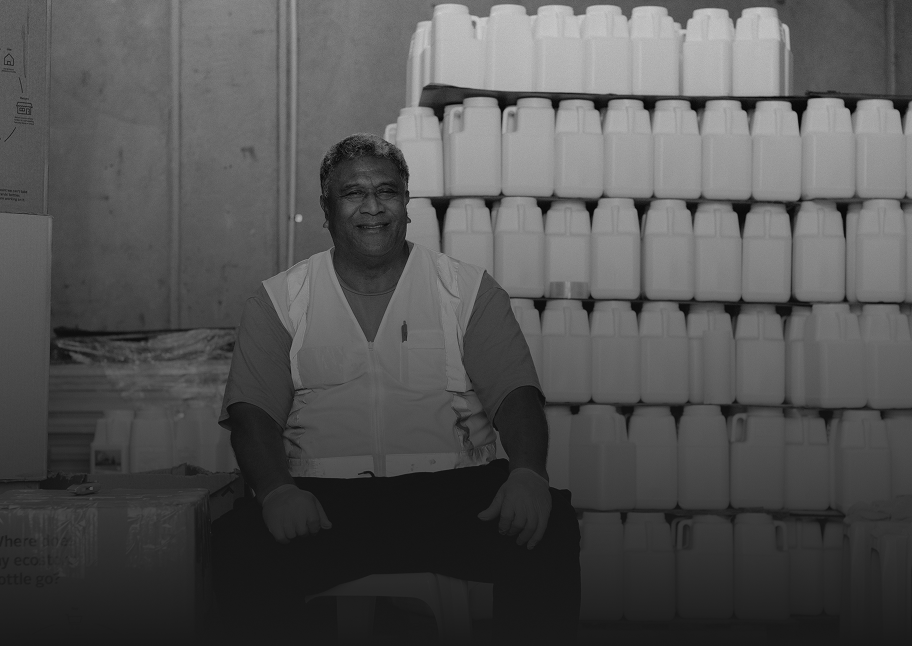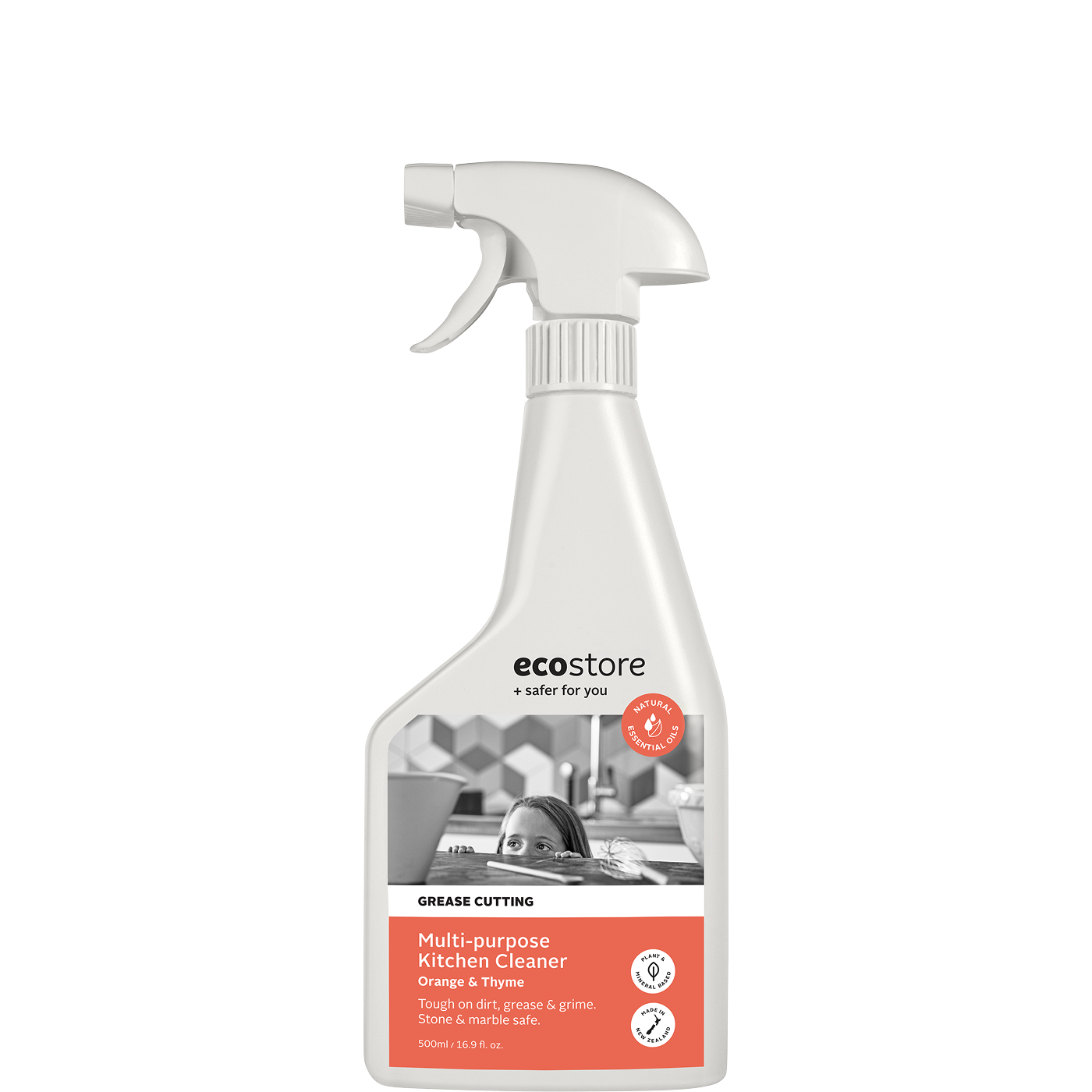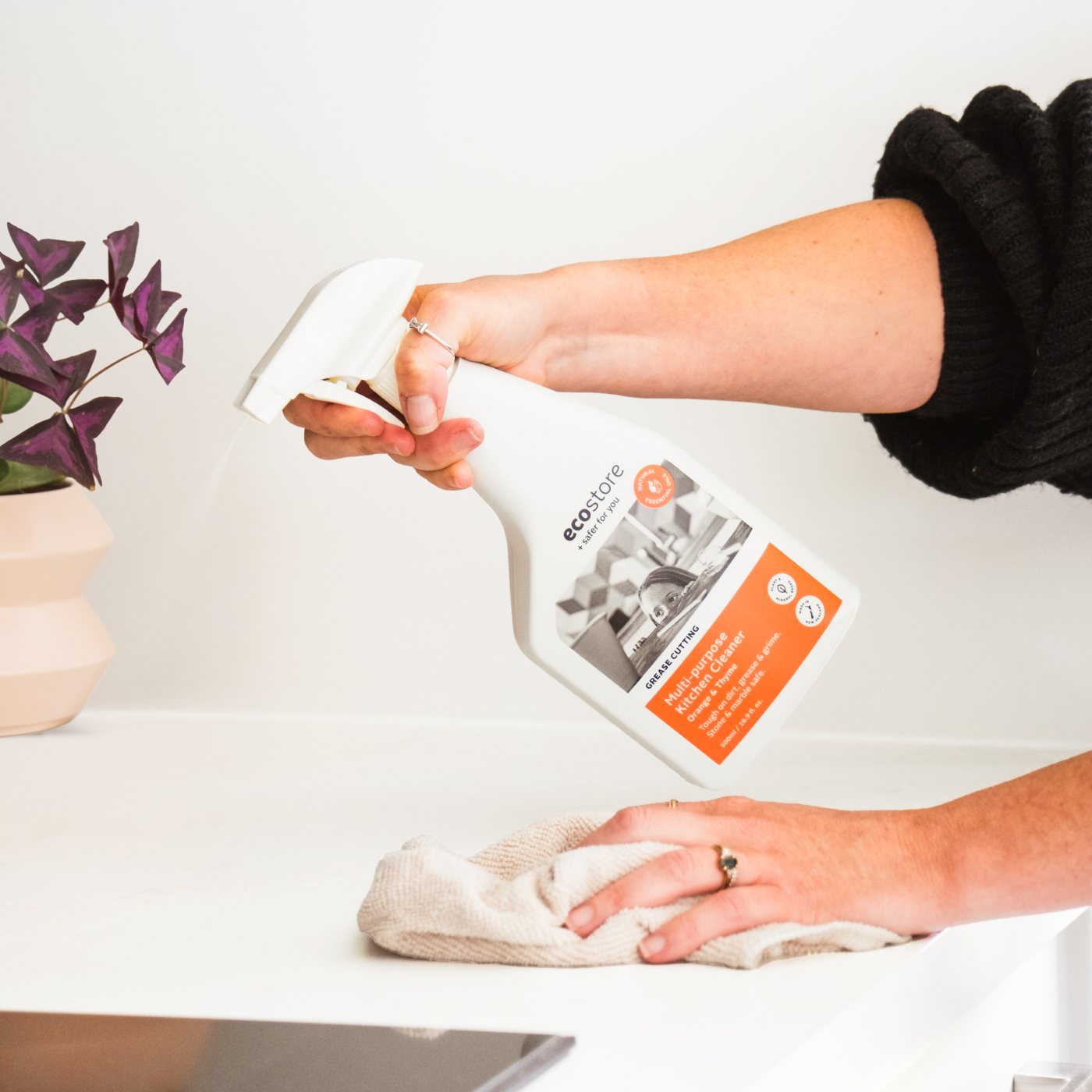Composting is so essential to the health of our planet. There are two big reasons we should compost our food scraps:
- Almost half of our household waste is food waste. This food waste is sent to landfill, an anaerobic environment. When food decomposes in an environment such as landfill, it releases methane gas, a greenhouse gas 25 times more potent than the carbon pollution that comes out of your car.
- Food rotting in landfill leaches excessive amounts of nutrients into the surrounding groundwater and soil. This nutrient contamination causes problems with water and soil health, which in turn affects the health of surrounding plant and animal life. Furthermore, these nutrients are wasted - they could have been used to grow more food.
What if I don't have anywhere to put the composted material?
Many people don't realise that the issue of spreading your composted material isn't one you have to face very often… it takes around 4 months for compost to be ready for spreading, so it's only something you have to think about a few times a year!
The other good news is that you don't need a garden to deposit your compost. It can also be used to fertilize lawns, trees, bushes, flowers, and house plants; or shared with a neighbour or friend who does garden.
- Use it in your house plants and container gardens.
- Offer it to neighbours with gardens.
- Donate it to a school garden, community garden, or a local farm.
What if I only have a small courtyard or balcony?
There's a compost bin unit to suit every type of dwelling, from a large outdoor unit to a small benchtop bin. Check out the types of composting units here to find the right one for you.
What if I'm worried it will smell and attract rodents?
Compost bins only smell if they're not working properly. They won't work properly if the balance between food waste and carbon material isn't right, or if they're not stirred regularly enough. Too much food waste and not enough carbon material will encourage food to rot rather than be digested by microorganisms (which is what you want). Too little stirring means not enough air in the middle of the heap, which reproduces the kind of anaerobic environment of landfill and means food will rot, not compost.
Solution? Alternate layers of food waste with layers of brown matter such as dried leaves and twigs and even dirt, thereby maintaining a good balance of nitrogen and carbon. Stir your heap once every fortnight or so to aerate the inner layers.
Four steps to start composting:
- Decide which compost unit suits your needs or situation.There's a unit to suit every environment, from an apartment to a huge backyard. Check out all the options here.
- Collect your food scraps in a small compost pail, which you can keep under the sink or beside your bin. You can compost all manner of things, from coffee grounds to cooked pasta to hair. In fact, here are 75 things you can compost. Layering food waste with carbon material like dried leaves and twigs and even dirt means your compost won't smell.
- Every once in a while, stir the compost around to aerate it.You can use a garden fork or spade for this. Turning your compost encourages healthy breakdown of materials and avoids odour.
- Share the love.Once your compost is ready (it will look and smell like dark brown rich earth and usually takes around 4-6 months), spread it around. Add it to potted plants, dig it in around trees, spread it amongst your vegie patch or garden beds, fertilise the lawn with it, give it to your neighbours or a local community or school garden.
Read more

Most of us are familiar with the afternoon slump - we get cravings for sugar or salt and really need a quick boost. It's easy to be careless about what we eat between meals, but when snacking is do...

During winter we are less likely to spend time outside or keep windows open, so it's important to ensure our homes are kept warm, dry, and free of dust and mould. Many of us start feeling the need ...






